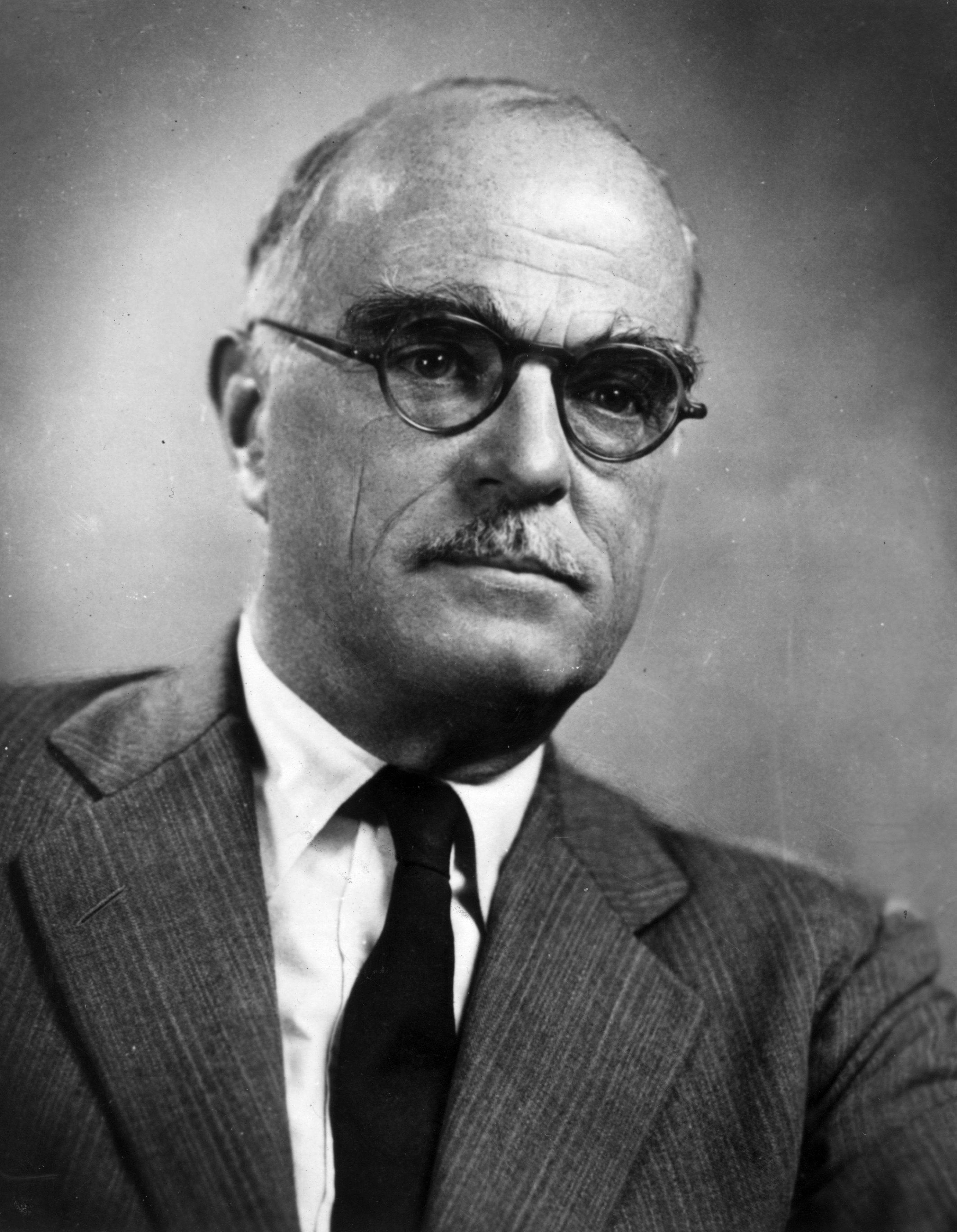Wilder, Thornton (1897-1975), was an American playwright and novelist. He won Pulitzer Prizes in both fields—in 1928 for his novel The Bridge of San Luis Rey (1927) and in 1938 and 1943 for the plays Our Town (1938) and The Skin of Our Teeth (1942).

Wilder achieved his first success with The Bridge of San Luis Rey, a short novel that describes how fate influences human existence. He based two novels, The Woman of Andros (1930) and The Ides of March (1948), on ancient Roman sources. In the novel Heaven’s My Destination (1935), Wilder created an ironic portrait of an American salesman. Wilder’s longest and most complex novel, The Eighth Day (1967), deals with life in a Midwestern American city about 1900. Wilder’s essays and other nonfiction were collected in American Characteristics (published in 1979, after his death).
Wilder began writing for the stage in 1915. In a 1941 essay, he wrote that “… the theater carries the art of narration to a higher power than the novel or the epic poem.” Two collections of his early one-act plays were published as The Angel That Troubled the Waters (1928) and The Long Christmas Dinner (1931). Wilder’s masterpiece is Our Town (1938), a sensitive drama about life and death in a New England village. He revised his 1938 farce The Merchant of Yonkers under the title The Matchmaker (1954). This comedy, in turn, was adapted into the musical Hello, Dolly! (1964). In The Skin of Our Teeth, Wilder wrote an expressionist fantasy about humanity’s ability to survive even its own follies.
Thornton Niven Wilder was born on April 17, 1897, in Madison, Wisconsin. He died on Dec. 7, 1975. The Library of America published two volumes of Wilder’s writings after his death, Collected Plays and Other Writings on Theater in 2007 and The Bridge of San Luis Rey and Other Novels (1926-1948) in 2009.
See also Our Town.
